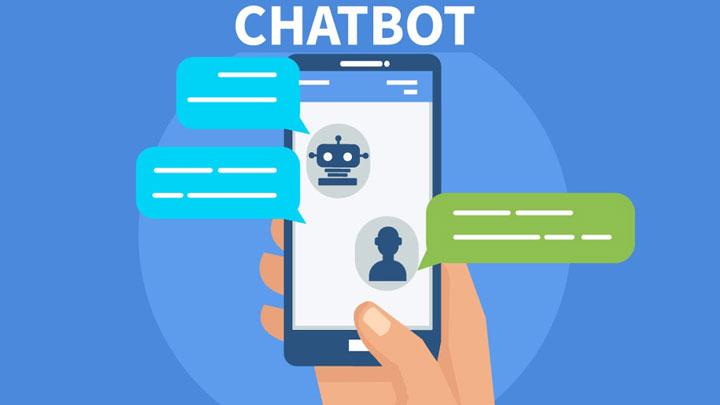TEMPO.CO, Jakarta – OpenAI has rolled out new parental control features on ChatGPT, allowing parents to monitor and manage how their teenage children use the platform.
“These parental controls are a good starting point for parents in managing their teen’s ChatGPT use,” the company announced on its official website on Monday, September 29, 2025.
To enable the feature, parents or guardians can send an invitation to link their account with their child’s. Once accepted, both accounts are automatically connected, and a parental control menu becomes accessible in the ChatGPT account settings.
With the connection in place, teen accounts will face restrictions on potentially harmful content, including graphic material, viral posts, sexually suggestive or violent games, and extreme beauty standards.
“These safeguards were guided by careful review of existing research to understand teens’ unique developmental differences. Parents will have the option to turn this setting off if they choose, but teen users cannot make changes,” OpenAI stated, adding that protections will be updated regularly to prevent circumvention.
Parents also gain the ability to set quiet hours, mute sounds, delete chatbot conversations, remove generated images, and opt out of AI model training.
“These settings are optional and flexible so families can choose what works best for them.,” OpenAI explained.
Another feature includes safeguards for self-harm risks. If ChatGPT detects signs of such behavior, OpenAI’s internal team will review the situation and immediately notify the parent via email, text, or phone alerts.
The launch follows heightened scrutiny after the suicide of an American teenager, Adam Raine, in April 2025, whose parents alleged that conversations with ChatGPT contributed to his death.
OpenAI said the parental controls were developed in consultation with mental health professionals, youth advocates, policymakers, and the Attorneys General of California and Delaware, as well as the advocacy group Common Sense Media.
Despite these measures, OpenAI acknowledged that no system is foolproof.
“No system is perfect, and we know we might sometimes raise an alarm when there isn’t real danger, but we think it’s better to act and alert a parent so they can step in than to stay silent,” the company said.
Editor’s Choice: OpenAI Launches ChatGPT Pulse, a Personal Assistant for Summarization
Click here to get the latest news updates from Tempo on Google News

